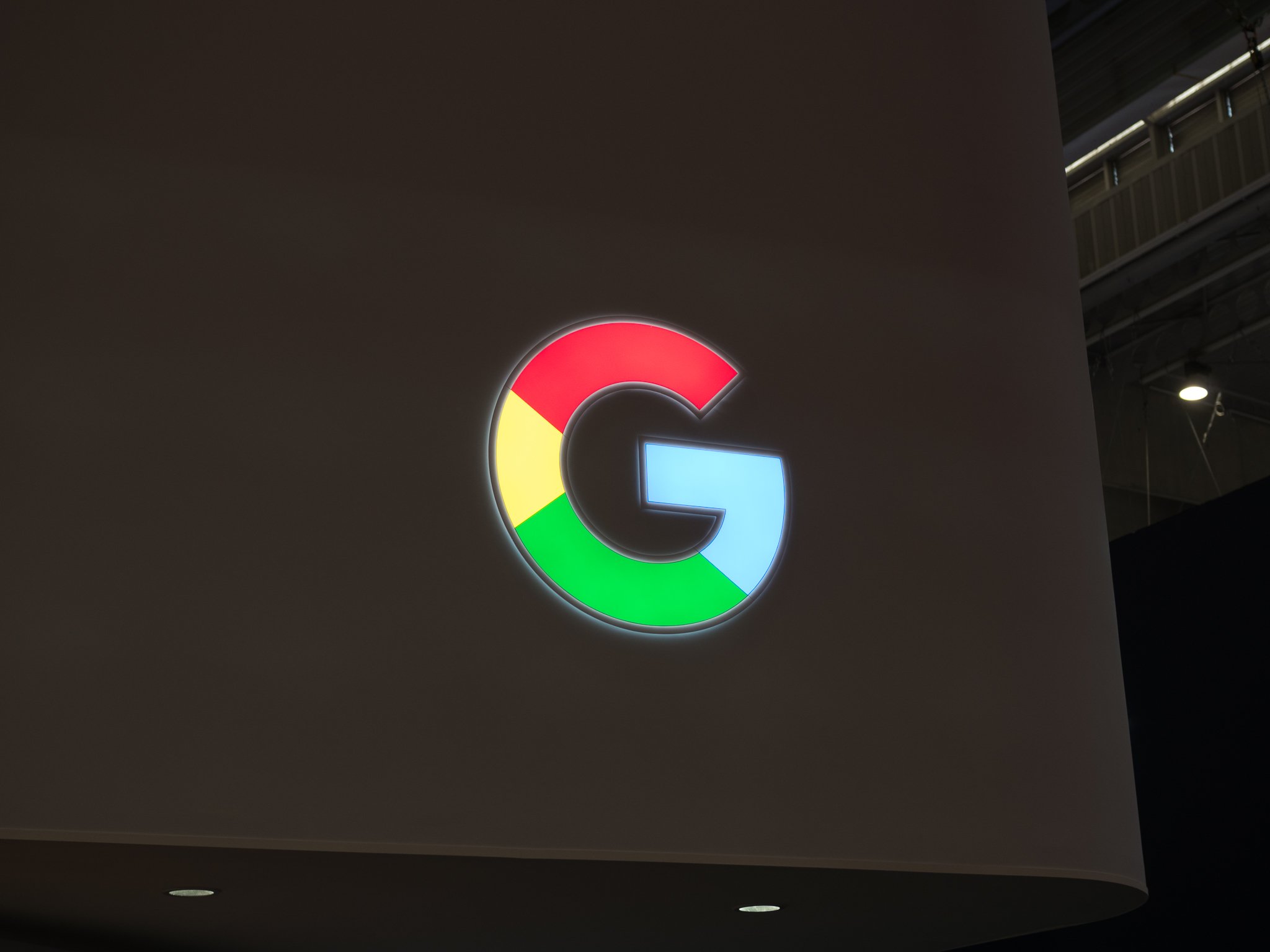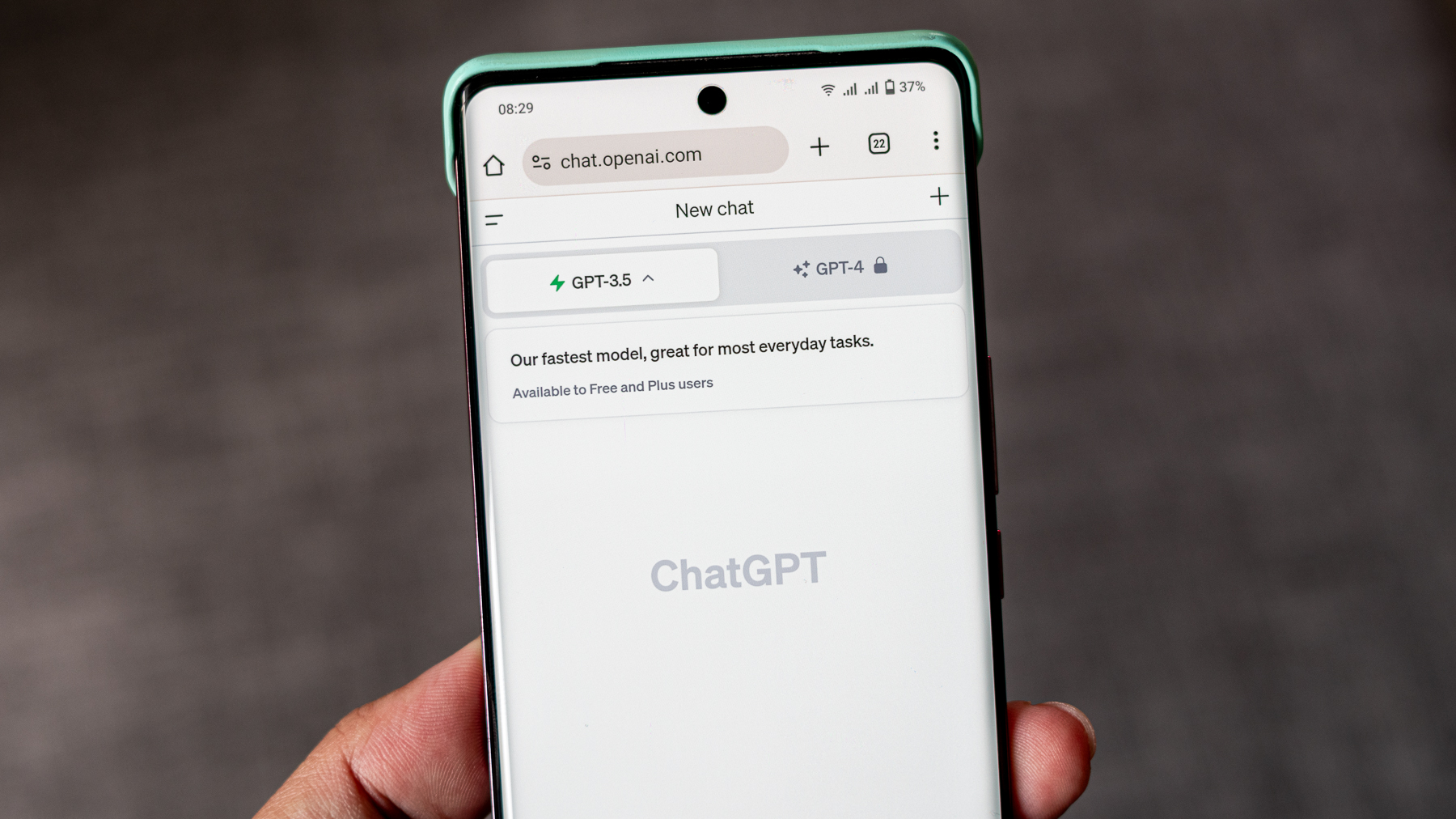Google finally matching in-store purchases to online activity, vastly raising value of ads

Google is finally figuring out how to close the most precious link in the loop of online advertising: knowing when someone makes an in-store purchase in response to an online ad. Google has announced that it will begin using data from billions of credit and debit card transactions, matching the data to its anonymized profiles of Google users to whom it serves ads online.
By guaranteeing that a specific in-store purchase was made by a specific person to whom an ad was shown, Google could potentially be able to sell that information to advertisers to show the effectiveness of Google ads. That would put Google considerably ahead of other advertising systems, including the often loosely targeted TV advertisements that claim such a large portion of today's advertising spending.
According to Google, through a complex set of algorithms it has been able to process through these billions of transactions for behaviors that can link individual purchase amounts with the specific people who most likely made the purchase based on other data Google has related to them. Google of course collects an often-surprising amount of data that's tied to each individual person with a Google account — including phone location, app usage, online payments, Google searches, browsing history and more.
Google can now link individual purchase amounts with specific people who have Google accounts.
Correlating this own-collected data with a new trove of in-store transactions that it previously didn't have access to, Google is able to create a profile and match the two sets together. Google naturally explains that it never sells personally identifiable information to advertisers, and each user is identified instead through a random string of numbers ... though privacy advocates will argue that this correlation of metadata is just as good as (if not better than) knowing someone's actual identity.
Google is not alone in its quest to tie in-store purchases to online advertising — knowing exactly who made a purchase, even in a store, relating to the display of an online ad is incredibly valuable. Because of this, we don't have a great explanation from Google on how exactly it is acquiring such a large amount of data or how it's being processed to determine who is making each purchase.
This is the future of advertising, whether it's Google or some other company putting the data together is sort of irrelevant at this point.
Be an expert in 5 minutes
Get the latest news from Android Central, your trusted companion in the world of Android
Andrew was an Executive Editor, U.S. at Android Central between 2012 and 2020.

